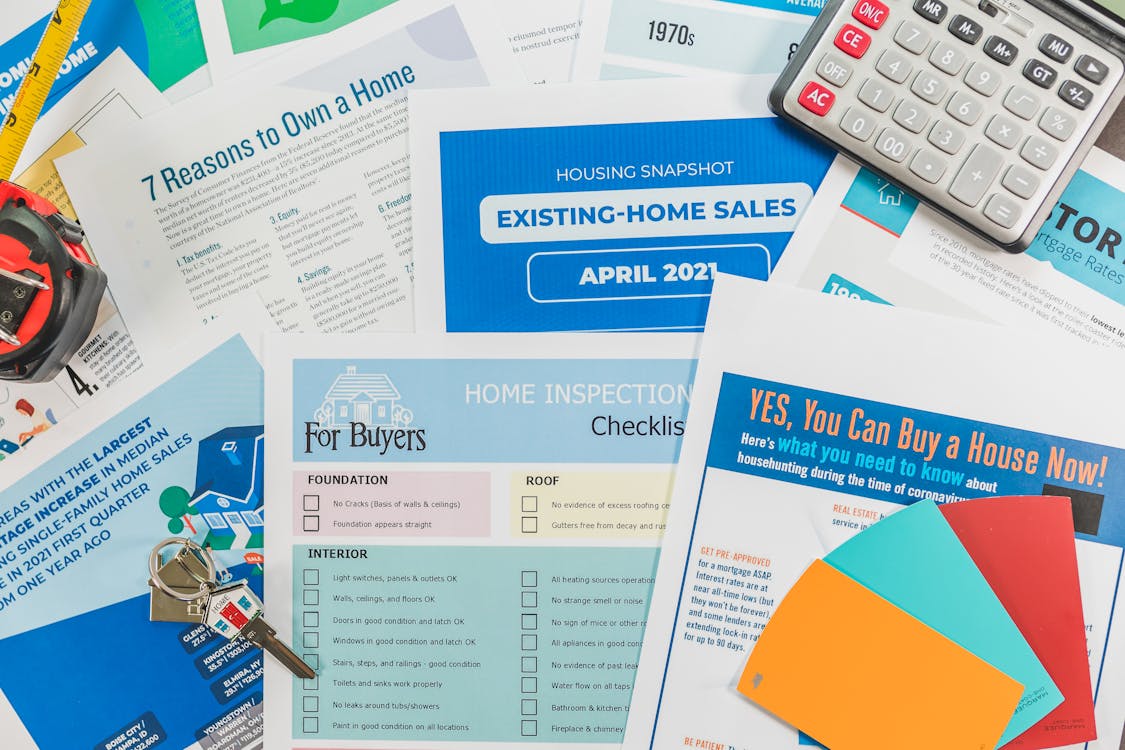Landlord Blog
Education and news for smart DIY landlords!
Understanding Market Trends: How Agents Help Price Your Home Right

Setting the right price is one of the most crucial steps when selling a home. Price too high, and you may scare off potential buyers; price too low, and you risk losing out on valuable profit. This is where a knowledgeable real estate agent becomes indispensable, as they are skilled at understanding market trends and pricing homes accurately. Here’s how agents analyze trends and data to ensure your home is priced right for maximum success.
1. Analyzing Recent Sales Data
One of the first steps an agent takes in pricing a home is to look at comparable properties, or “comps,” that have sold recently in your area. This involves examining properties similar in size, style, location, and condition to your own home. By analyzing the sale prices of these properties, agents can identify a competitive price range that reflects the current market. This recent sales data serves as a realistic benchmark and helps to avoid overpricing or underpricing the property. Agents often have access to multiple listing services (MLS), which provides up-to-date information on local sales trends and enables precise comparison.
2. Assessing Market Conditions

Real estate markets are constantly shifting, and what was true six months ago may not hold today. An experienced agent understands how to interpret current market conditions—whether it’s a buyer’s market, seller’s market, or balanced market—and factors this into the pricing strategy. In a buyer’s market, where inventory is high and buyers have more choices, agents might recommend a more competitive price to attract attention and encourage offers. In a seller’s market, where demand outstrips supply, pricing can be more aggressive, as buyers are often willing to pay a premium for limited inventory. By tailoring the price based on market dynamics, agents help maximize your home’s appeal to buyers.
3. Understanding Seasonal Trends
The timing of your sale can also affect the price. Agents are well-versed in seasonal trends, as real estate activity often fluctuates throughout the year. For example, spring and early summer are typically more active for home sales, with higher demand as families look to settle before the school year begins. During these peak periods, agents might suggest a slightly higher price due to increased buyer competition. Conversely, in slower periods like winter, pricing strategies may be adjusted to attract buyers when demand is lower. By factoring in these seasonal trends, agents ensure that your home’s price aligns with the time of year and maximizes market interest.
Read more: Do Seasons Impact the Real Estate Market?
4. Evaluating Your Home’s Unique Features

Every home has unique qualities that can influence its value. A skilled agent will assess both the positives—like upgraded kitchens, finished basements, or a desirable location—and any potential drawbacks, such as the need for repairs or proximity to busy streets. These elements affect how your property compares to others in the area. Agents will take these nuances into account when setting a price, ensuring it reflects the specific advantages and challenges of your home.
Read more: Crafting Compelling Property Showings: How to Highlight Key Features That Sell
5. Adjusting Based on Buyer Feedback
Agents don’t stop at the initial listing price; they keep a close eye on how buyers respond to it. If a property isn’t attracting the anticipated level of interest, they’ll gather feedback and may recommend a price adjustment. Conversely, if a home attracts significant attention and multiple offers, an agent may advise holding firm on price or even negotiating for a higher offer. This flexible approach allows agents to respond to market feedback in real time, ensuring the listing remains competitive.
Read more: Unveiling the Factors: What Truly Determines a Home's Value?
Conclusion
Pricing a home isn’t just about numbers; it’s about understanding market dynamics, seasonal patterns, and buyer psychology. An experienced real estate agent brings valuable expertise in analyzing market trends, comparing comparable properties, and adjusting for seasonal and local conditions. With their guidance, you can be confident that your home is priced right, attracting serious buyers and optimizing the potential for a successful sale.
